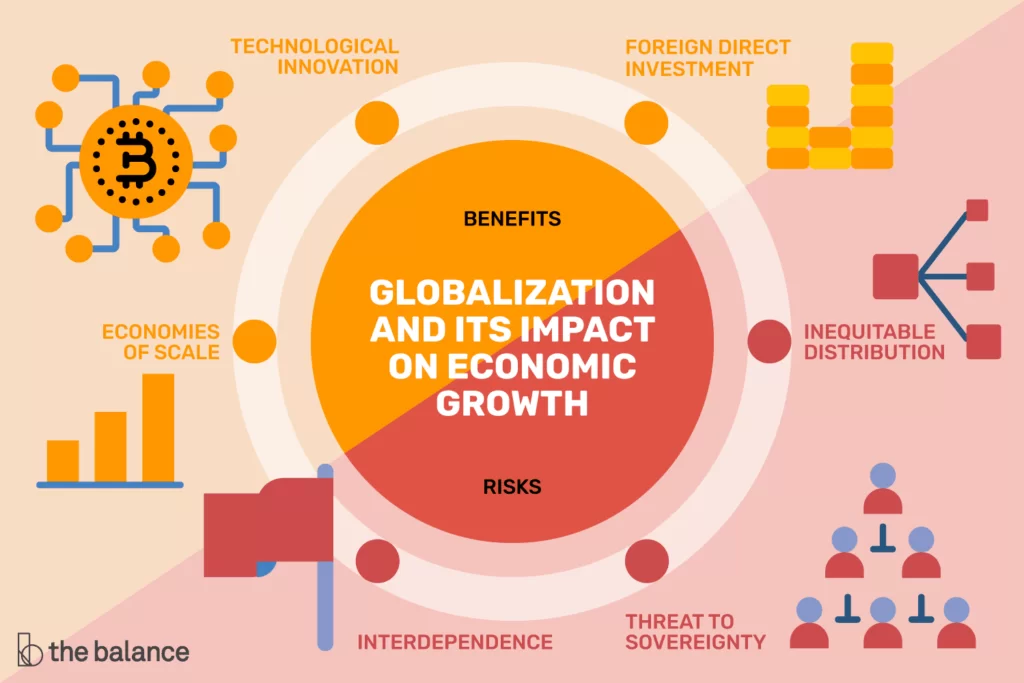In today’s interconnected world, global trade plays a crucial role in driving business expansion and economic growth. Companies that engage in international trade benefit from larger markets, increased profitability, and stronger business resilience. Whether you are an importer, exporter, or investor, understanding the impact of global trade can give your business a competitive edge.
What is Global Trade?
Global trade, also known as international trade, refers to the exchange of goods and services between countries. It allows businesses to source raw materials, distribute products worldwide, and access new customer bases beyond their domestic markets.
Key Benefits of Global Trade for Businesses
1. Access to New Markets
Expanding into international markets provides businesses with more customers and higher sales potential. This growth helps companies diversify revenue streams and reduce dependence on a single economy.
2. Increased Profitability
By reaching global markets, businesses can take advantage of economies of scale, reducing production costs and increasing profit margins.
3. Competitive Advantage
Companies that engage in international trade gain access to new technologies, skills, and innovations that improve product quality and efficiency.
4. Strengthened Business Resilience
Businesses that operate internationally are better equipped to handle economic downturns. When one market slows down, others may continue to thrive, ensuring financial stability.
5. Better Supply Chain Management
Sourcing raw materials and products from different countries allows businesses to optimize costs and maintain a steady supply chain, reducing production delays.
Challenges in Global Trade and How to Overcome Them
1. Trade Regulations and Compliance
Every country has its own trade regulations, tariffs, and import/export policies. Businesses must stay informed and comply with international trade laws to avoid legal issues.
Solution: Partnering with an experienced global trade consultant can help businesses navigate regulatory requirements efficiently.
2. Currency Fluctuations
Exchange rate fluctuations can impact profit margins. A sudden rise or fall in currency value can affect the cost of imports and exports.
Solution: Businesses can use financial instruments like forward contracts or currency hedging to manage exchange rate risks.
3. Logistics and Supply Chain Management
Shipping products across borders involves logistics challenges, including delays, high transportation costs, and customs clearance issues.
Solution: Working with reliable global suppliers, freight forwarders, and logistics partners can streamline the shipping process.
The Future of Global Trade
With the rise of digital trade, automation, and e-commerce, international trade is evolving rapidly. Businesses that leverage technology and strategic partnerships can thrive in the global market.

